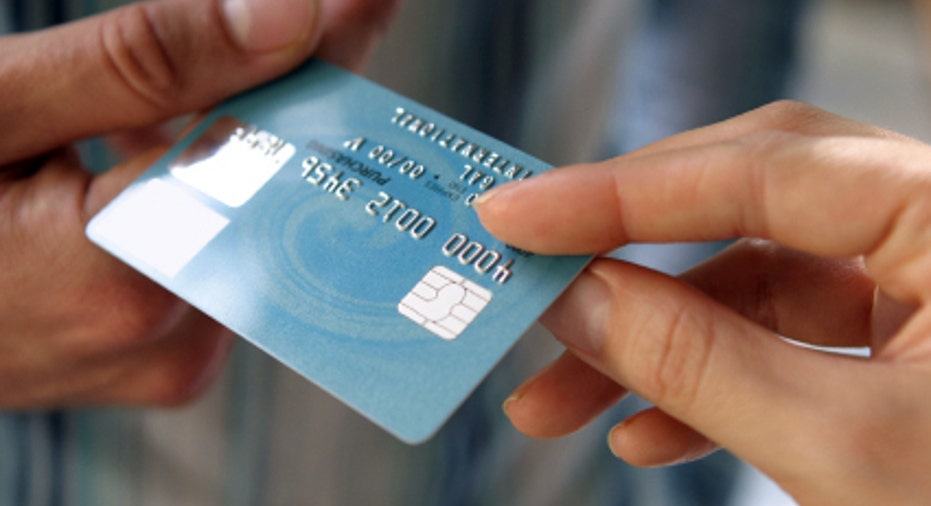Do You Need to Carry a Card Balance to Build Good Credit?

Dear Credit Care,
I just received a credit card with a $1,000 limit. I want to improve my credit. Is it better to pay off a credit card as soon as the bill comes in or to make a charge and then pay in installments over a short period of time?
-Karan
Dear Karan,
Congratulations on taking steps toward a better credit rating. My recommendation is for you to use your new credit card by only charging what you can pay off each month in full. You do not need to carry a balance on your revolving accounts to help improve your credit. What you need to do is demonstrate that you can manage a revolving account without any problems. Making on-time and as-agreed payments on the credit card account will accomplish that goal. Also, paying off your purchases each month rather than carrying a balance will keep your credit-used-to-credit-available ratio (also called your utilization rate) at 0%. It's highly recommended that your utilization rate at less than 30% in order to keep a good credit score.
It is wise to pay off your credit card purchases each month because the best way to prevent future credit problems is to avoid using credit to extend your income. Living within your means is the first step to good financial health. You want to spend less than you earn, while also saving as much as you can each month for emergencies and future financial goals. An emergency savings account of six to 12 months of living expenses provides a cushion for unexpected expenses that can wreck a family budget if there's no savings to fall back on. Once you have your funded, you can begin saving for college expenses, retirement, summer vacation and any other financial goals.
Having said all that, you'll need to illustrate that you can successfully manage a monthly installment account as well as revolving accounts in order to have a really top-notch credit score. If you don't already have an installment account in good standing, such as a mortgage or car loan, you could consider getting one -- assuming it's something that you need and have planned for in your budget. An example might be a new refrigerator bought with a 0% interest loan. This type of loan would appear on your credit report as an installment loan.
Just be sure that you can afford to make the monthly payment each month on time and as agreed. Also, you must repay the loan within the time period specified for the 0% interest offer. If you do not, interest will be accessed from the date of purchase.
Any negative items will drop from your credit reports seven years from the first date of delinquency. But, they will have less and less impact on your credit score as you add positive information to your credit reports each month.
Handle your credit with care!



















